Cats make fantastic pets, but you may not realize how great they can be if you’ve never owned one. Of course, you’ve likely heard from the cat owners in your life how awesome their kitties are, but don’t just take their word for it. Read on to find 16 reasons cats are great pets, including seven backed by science!

The 16 Reasons Why Cats Make Good Pets
1. They Make Great Apartment Pets
While other species can live in apartments, cats are best suited for apartment living. They’re perfectly sized for small spaces, and because they use a litter box, they don’t need a yard to go to the bathroom.
Dogs often need a lot of space to run around to burn off excess energy and a yard to do their business. Birds can be loud and disruptive to your neighbors. Certain reptiles can grow far too big to be housed comfortably in an apartment, and if your snake is an escape artist, you’ll have a big problem on your hands.
2. They’re Great Hunters
Your cat’s ancestors lived to hunt, and they were pretty good at it. Though your kitty doesn’t have to hunt to feed themselves, their predator skills will be useful. Creepy crawlies like spiders and pests like mice don’t stand a chance when a cat is guarding your property.
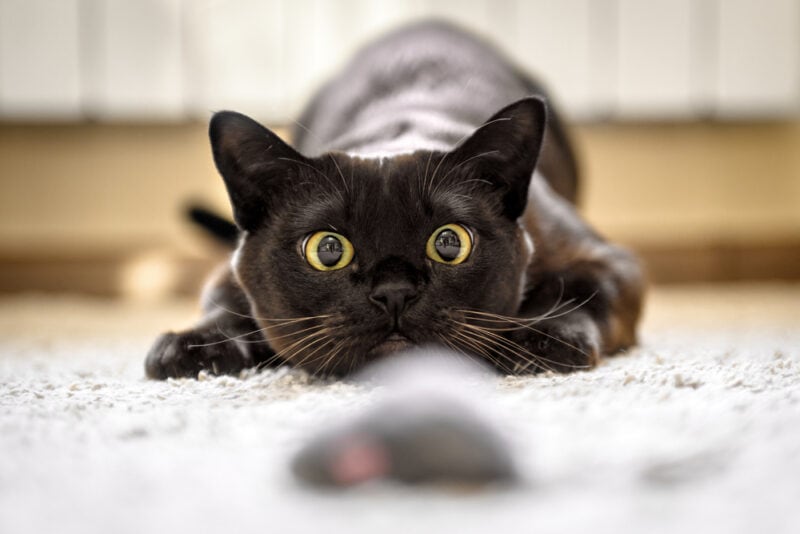
3. They’ll Make You Smarter
Studies show that self-proclaimed cat people score higher on intelligence tests than their dog-loving counterparts. The same study also suggests that cat people are generally more introverted, open-minded, and sensitive.1
4. They Are Independent Companions
One of the most appreciated aspects of cat ownership is how cats are generally more self-sufficient. They don’t need to be taken out for walks or played with for hours daily to keep them happy and well-behaved. Dogs, especially larger breeds, need much outdoor time to burn off excess energy and keep boredom at bay. However, cats do still need play sessions and social interactions, but in a different way than dogs.
Kittens are much easier to raise than puppies, too. Caring for a puppy is like caring for a newborn. It’s rewarding, but it requires more work and constant supervision.
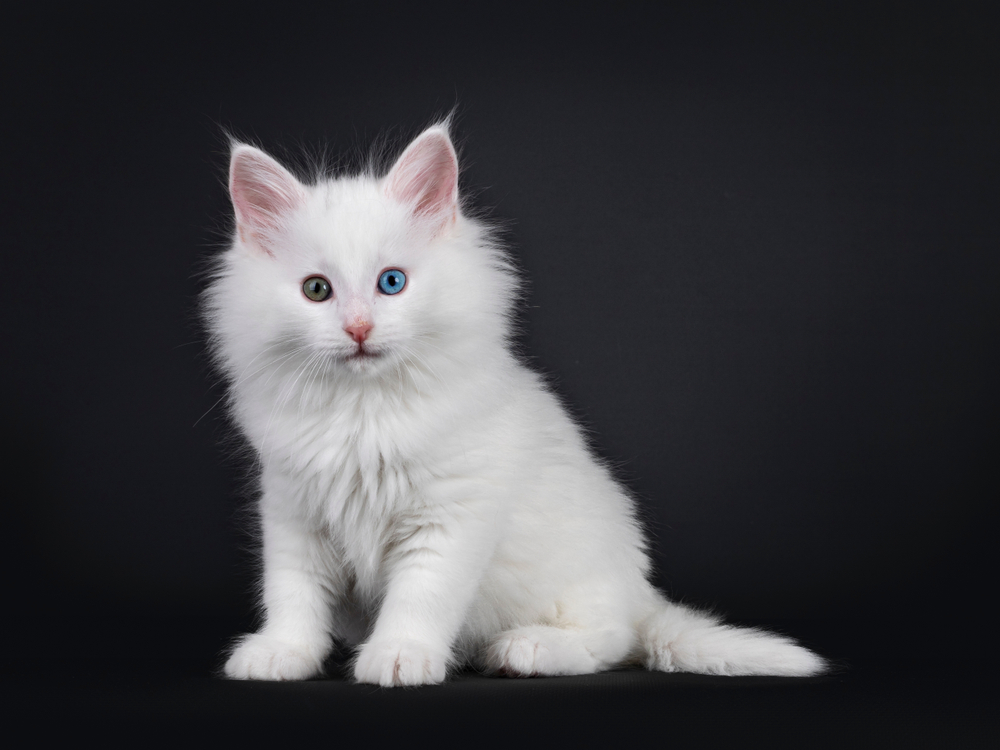
5. They’re Generally More Affordable to Care For
Generally speaking, cat ownership is more affordable than dog ownership. Dog owners must often invest in grooming and training sessions, plus feeding a 45-pound dog is more expensive than feeding a cat a quarter of that size.
6. They’re Quiet
Unlike dogs and birds, cats keep pretty quiet most of the time. The exception to this rule is when they’re hungry for food or your attention. Still, your neighbors are less likely to hear your cat meowing than they are a dog barking or parrot squawking.
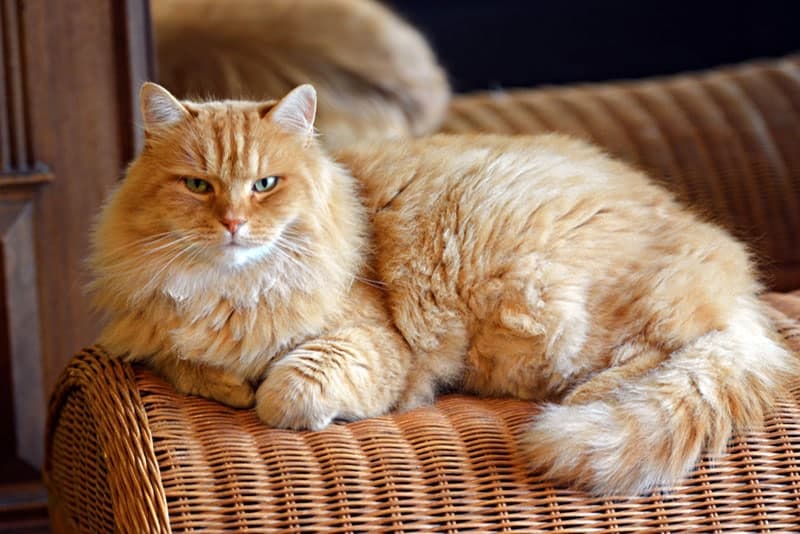
7. They’re Independent
Ask anyone that has owned cats for any period of time in the past, and they’ll tell you that cats often march to the beat of their own drum. They’re capable of entertaining themselves part of the time, and most don’t particularly care for constant attention.
8. They Have Long Lifespans
The most difficult part of being a pet owner is saying goodbye. Thankfully, cats have relatively long lifespans, meaning you’ll spend more years with them, creating precious memories. Some cats can live up to 18 years, with some living even longer!
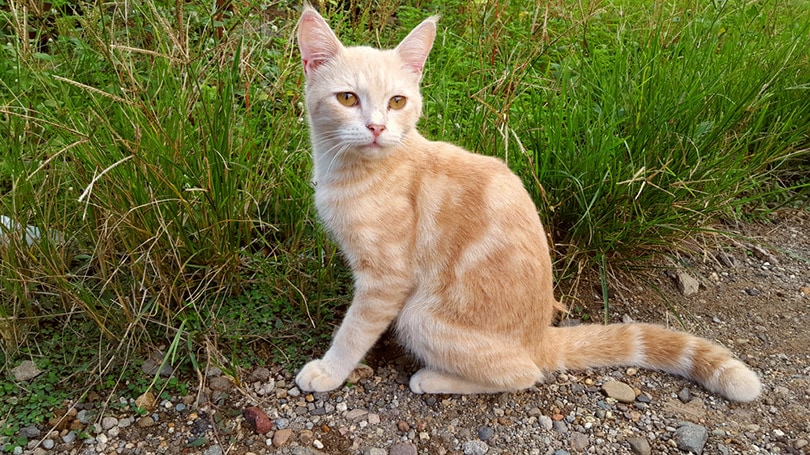
9. They Can Reduce Your Risk of Heart Disease
Studies show that owning a cat can lower your stress levels, reducing your risk of developing cardiovascular diseases, the leading cause of death worldwide.
10. They Can Protect Your Children Against Allergies & Asthma
Research suggests that early childhood exposure to cats can have a positive impact on the development of allergies and asthma later in life.
A study looking at over 700 newborns found that after 18 years, the babies that were exposed to indoor cats during their first 12 months had half the risk of developing a cat allergy later in their lives.
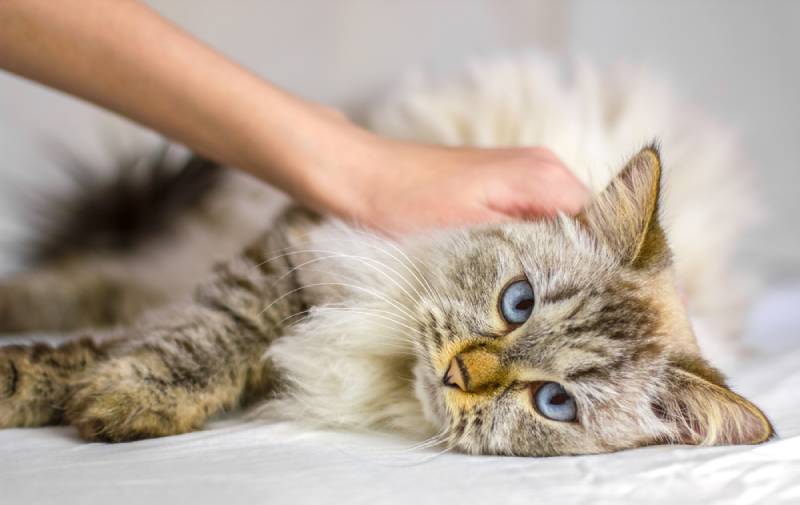
11. They Can Boost Mental Health
Research suggests that cats provide a calming presence in the home and may assist owners struggling with mental health challenges. One study shows cat owners have better psychological health than those without pets. Cat owners claim to be happier, more confident, and less nervous. They can also sleep, focus, and face problems better than people without pets.
12. They’re Entertaining
If you’ve ever been lucky enough to witness a cat with the case of the “zoomies,” you know just how entertaining they are to watch. Zoomies are when cats suddenly start zipping around the house frantically for no apparent reason. It’s as if a switch has been flipped; they run around maniacally for a few moments, then the switch is flicked again, and the zoomies stop as quickly as they started.
It’s believed that cats run around the house when they get an intense burst of energy, as it’s an easy way to release that pent-up energy.
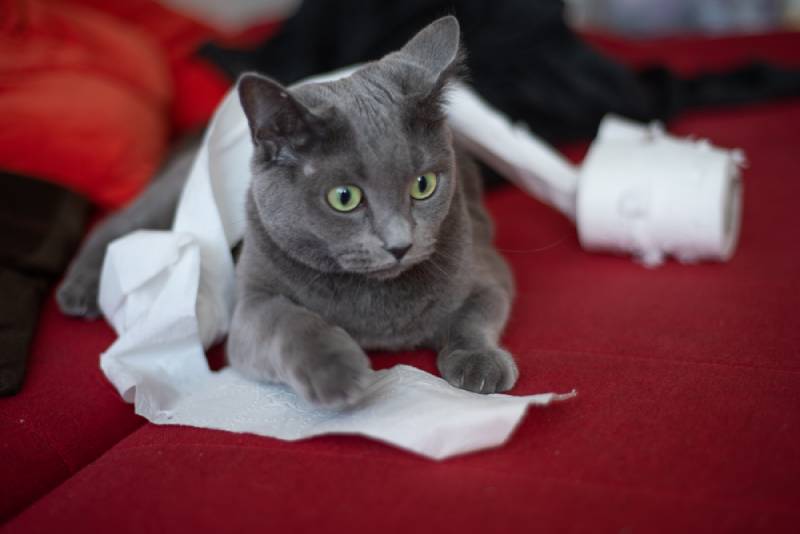
13. Their Purrs Are Therapeutic
Not only is the sound of a cat purring adorable, but it’s actually very soothing and therapeutic.
A cat’s purr typically falls between 25 and 150 Hertz. Research suggests that sound frequencies in this range may improve bone density and promote healing. Scientists use such frequencies in vibrational therapies to promote tissue regeneration.
While your cat’s purr may not heal your broken bones, there’s no denying the stress-relieving benefits of having your cat purr on you.
14. They May Be Better for the Environment
Dogs are larger animals that need to eat much more food than your 10-pound cat. According to some estimates, owning a medium-sized dog can create a similar carbon footprint to owning a large SUV because of the land, water, and energy resources necessary to develop the food a pet of that size would eat. Since cats eat less food, owning one will create less of a carbon footprint.
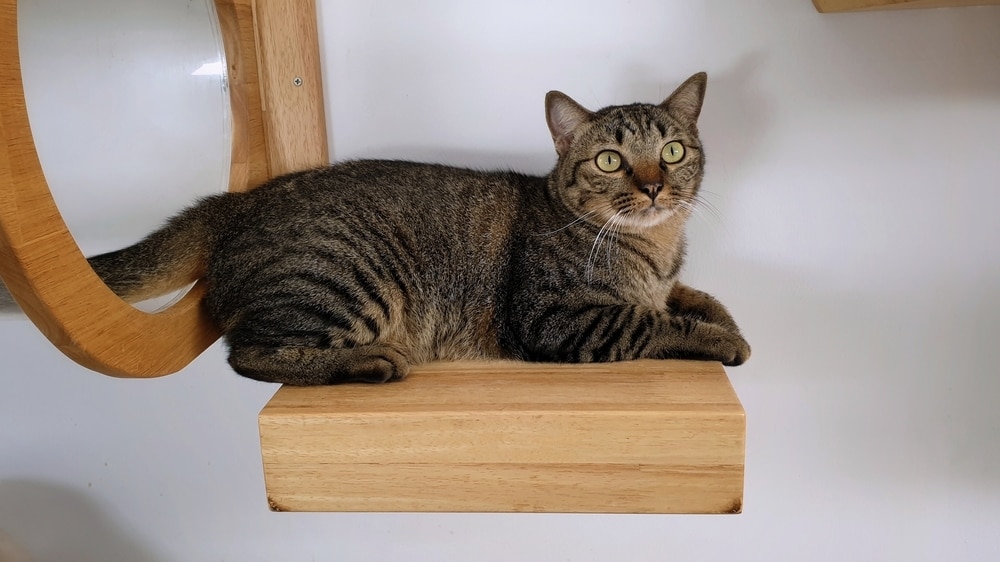
15. They Form Strong Bonds With Their Owners
Many people think of cats as stubborn and aloof creatures, and while that can be true of some individual cats, this isn’t always the case. Cats bond with their owners as their caregivers and create secure attachments with their humans. Your cat depends on you to feel safe when they’re feeling nervous or stressed out.
16. They May Know What You’re Feeling
Research from 2015 suggests that cats behave differently when their owners smile than when they’re frowning. When their humans smiled, cats were likelier to exhibit positive behaviors, such as purring or rubbing up against their owners. Cats are highly intelligent and observant, so it’s not far-fetched to believe that they’re intuitive using the emotional cues from their humans.
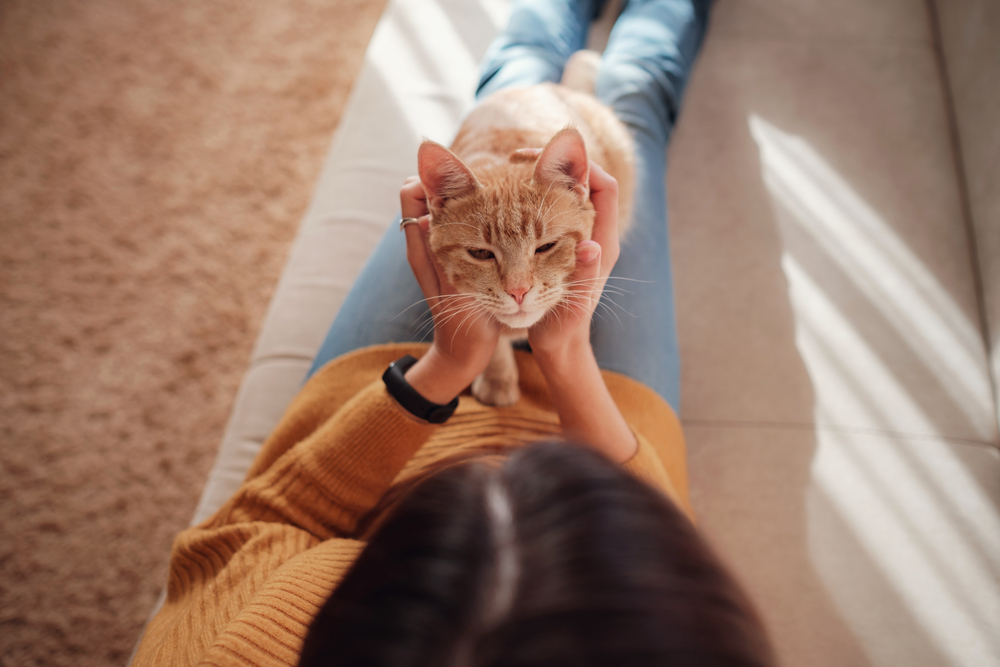

Final Thoughts
Cats make lovely companions for countless reasons; the ones we delved deeper into above are just starting to scratch the surface. Cats are fantastic, not only because of their stress-relieving, asthma-reducing, or laughing-inducing behaviors but because of the beautiful relationships we form with them.
See also:
Featured Image Credit: Karolina Grabowska, Pexels


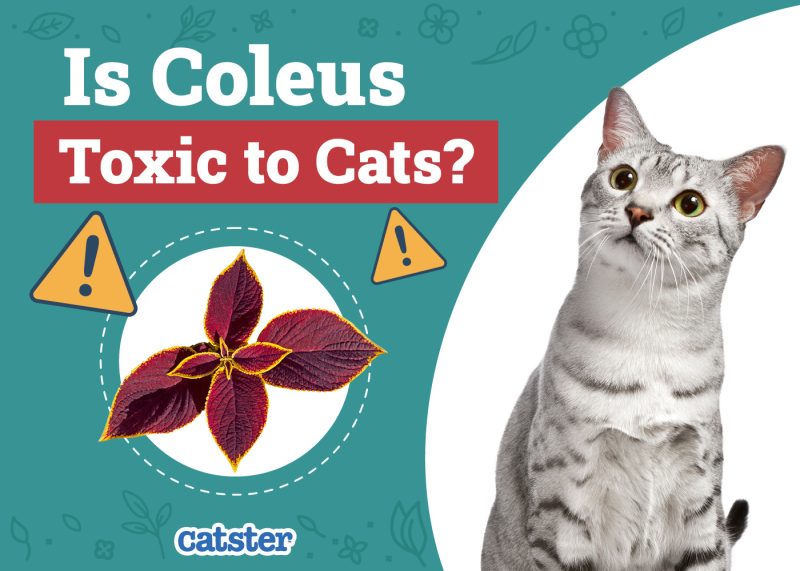
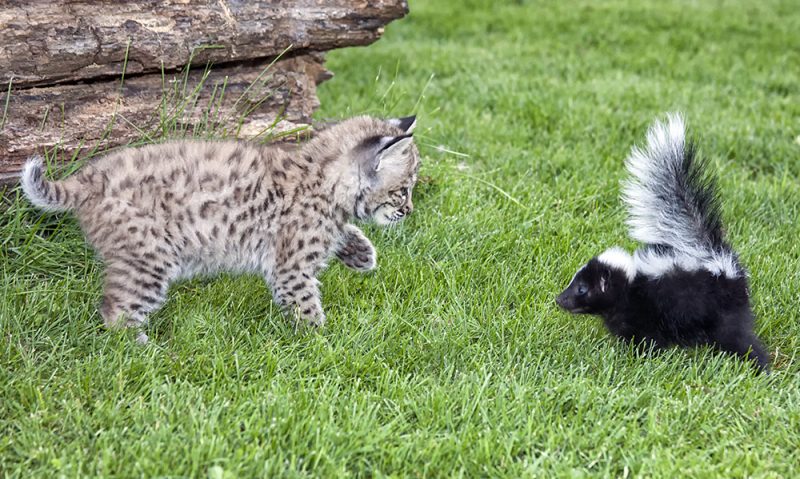

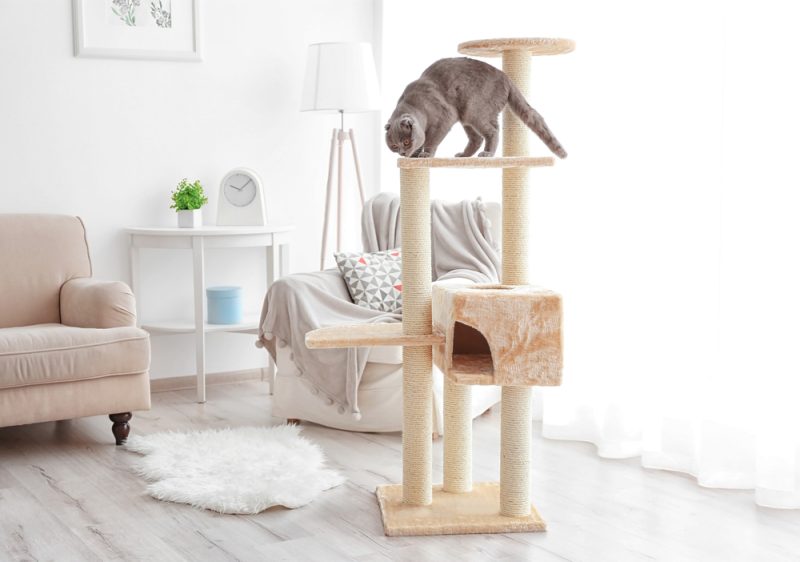
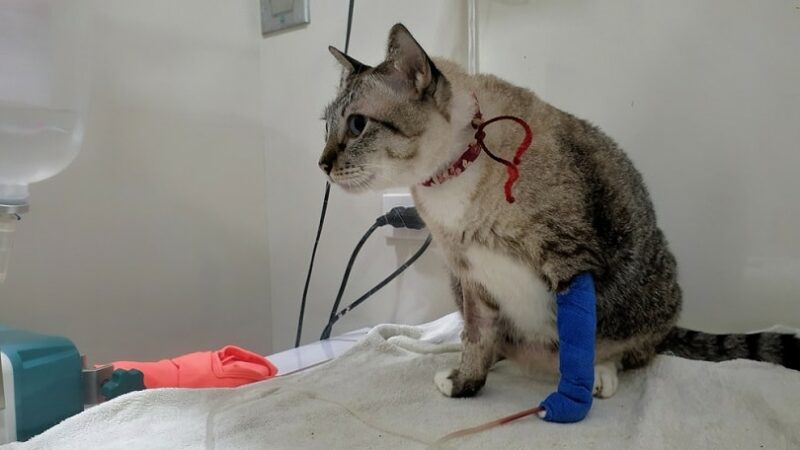
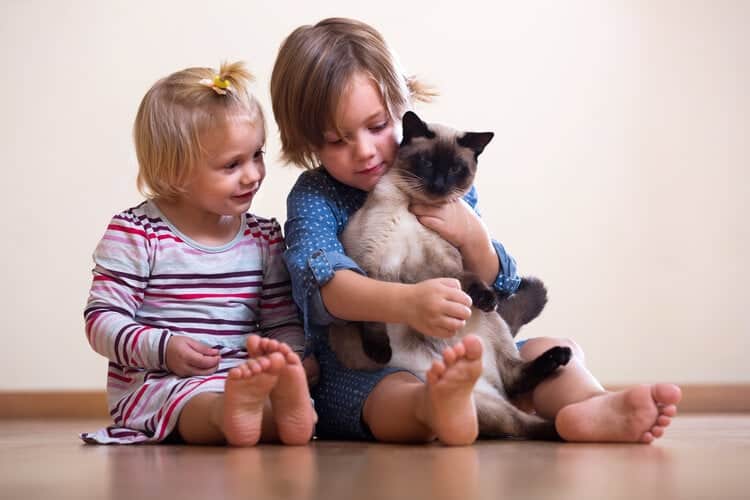
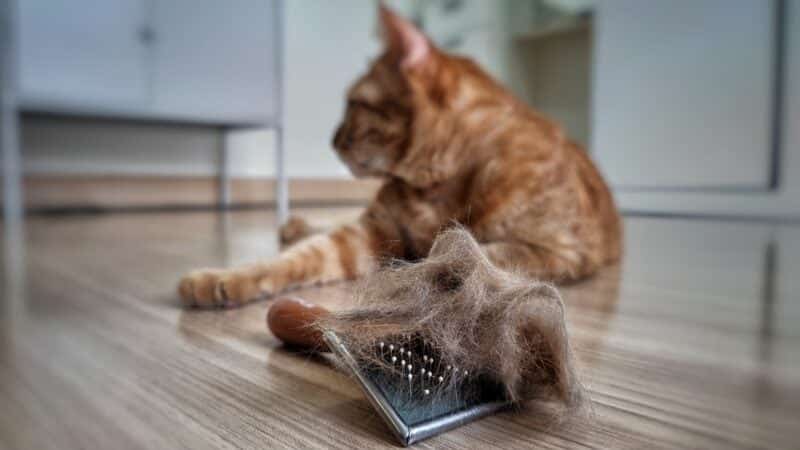

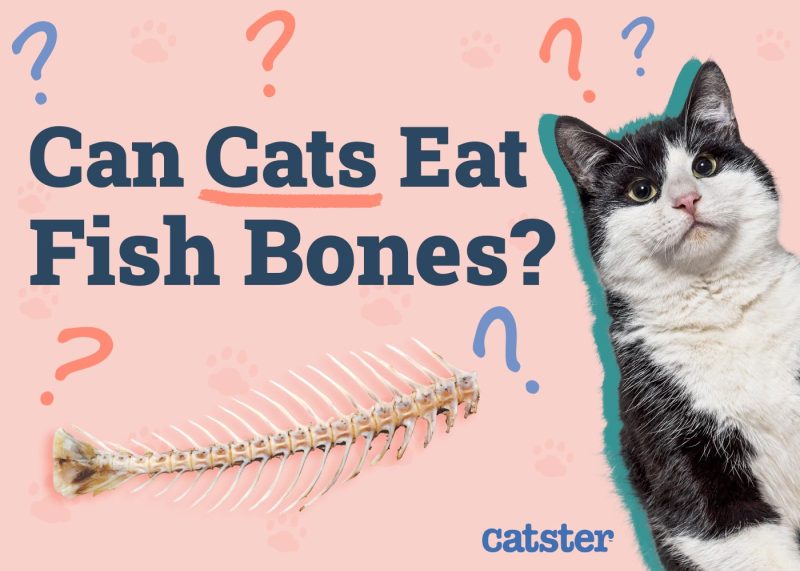
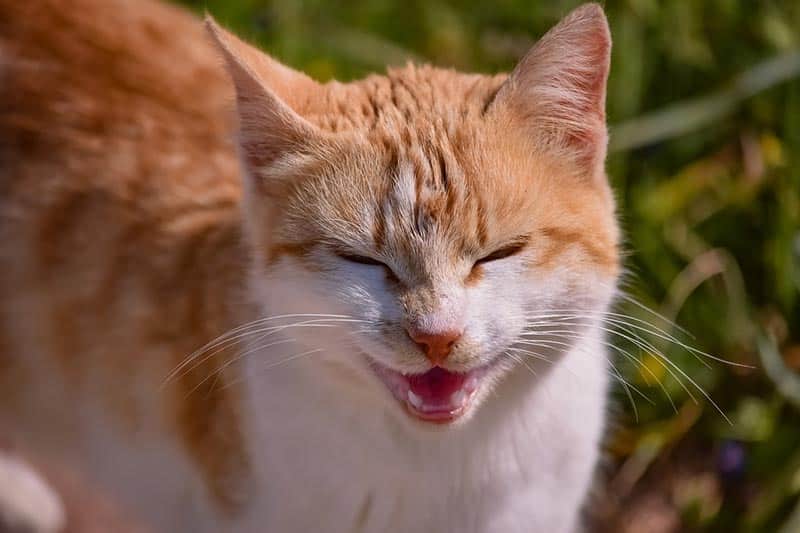
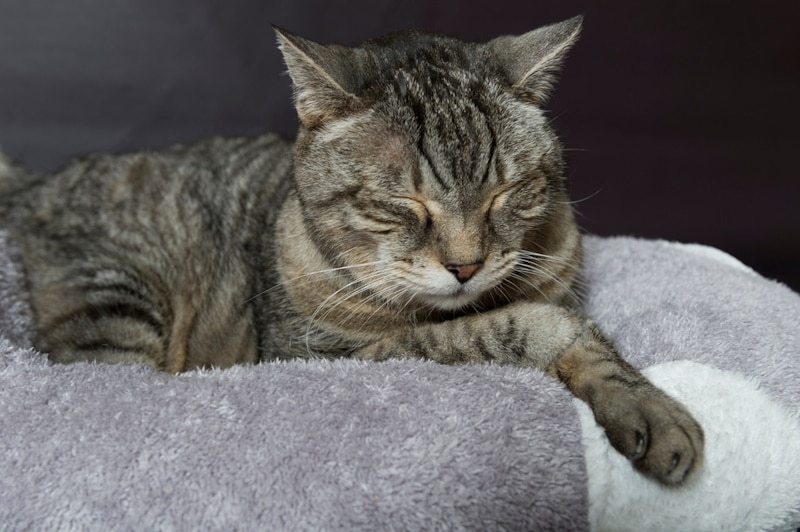
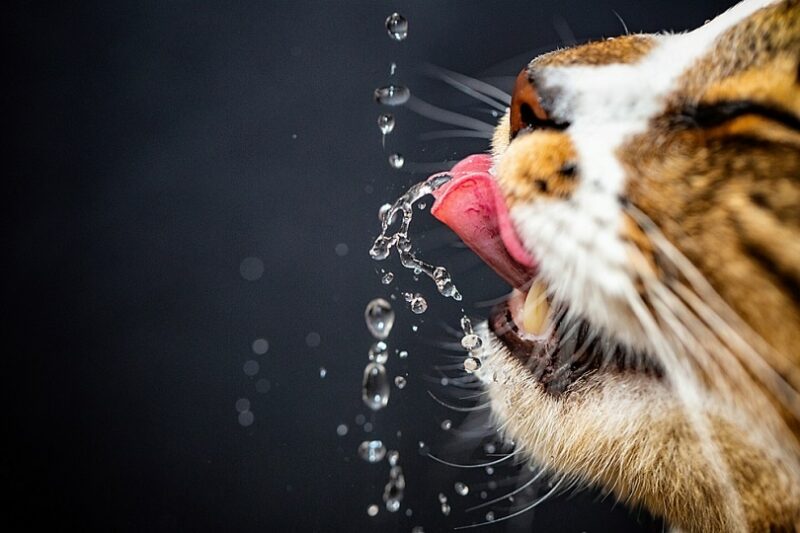
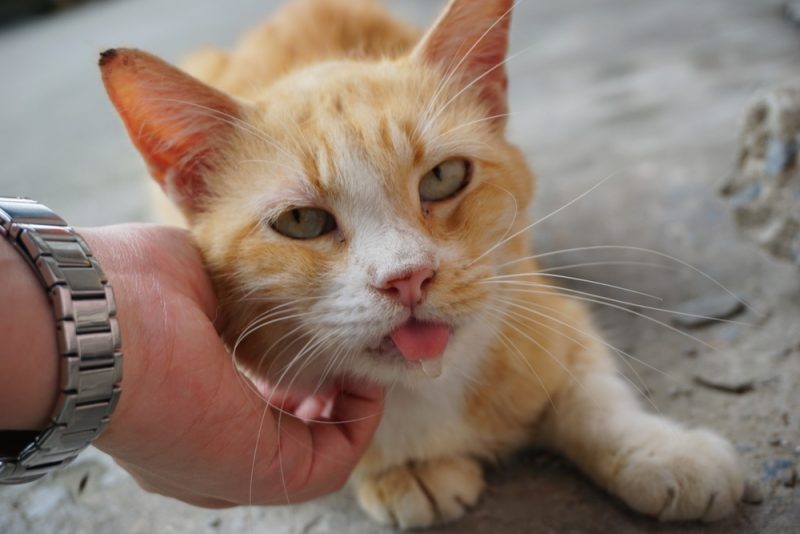
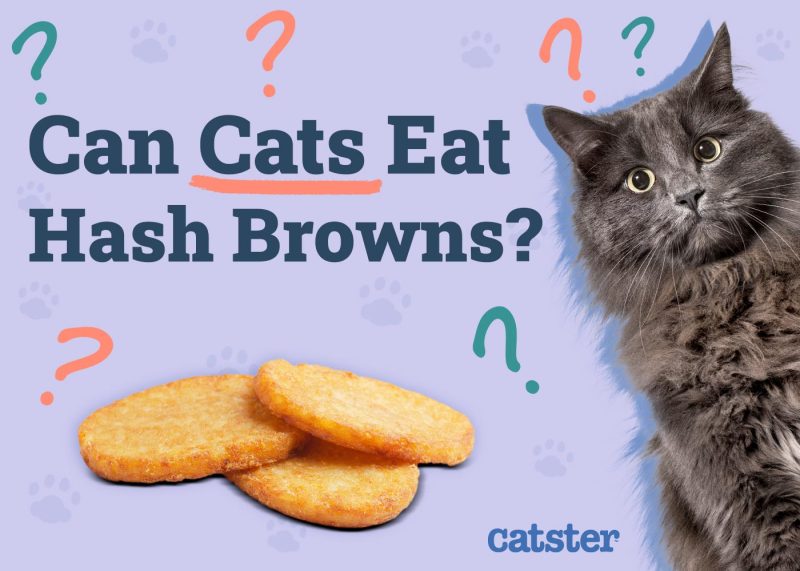
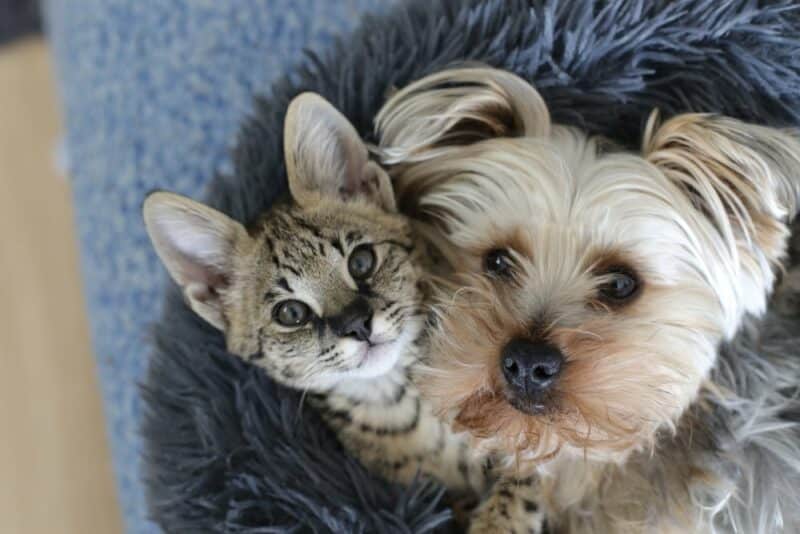
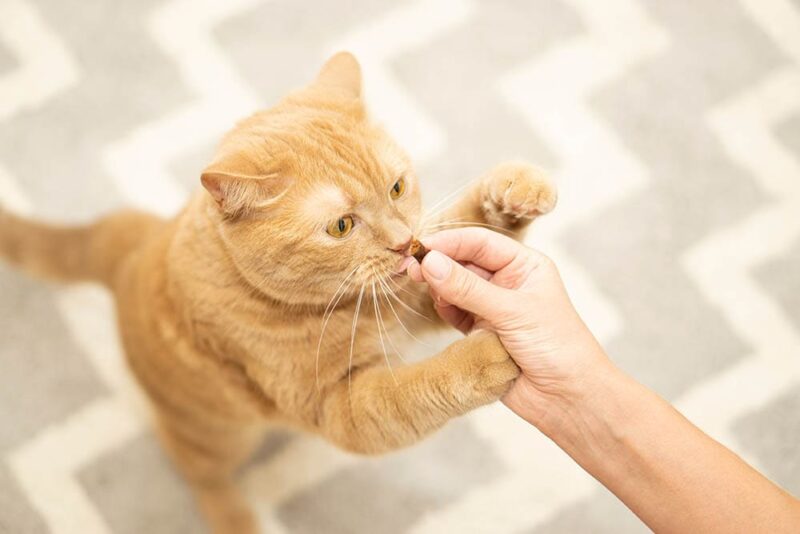



8 Responses
Owned cats most of my life. Full time from 1970 until May 2020. In December of 2020 we got a new cat. That time period there was a health issue and it seemed smarter to not get a new one after Molly's death. 3 months later we were going nuts without a cat. But it took many calls to get the new cat. We got another a month later. We lost the December cat to kidney failure in May 2025. The other one is healthy. Happy being an only cat. After that 7 months without a cat, it really caused us sadness. Cats make us smile and laugh everyday. Even through the heartaches I can't imagine life without cats. They are there when I am sad or happy. They give us such joy.
Hi Mary Stephenson, it sounds like cats have been a source of immense comfort, joy, and laughter throughout your life, through the good times and the difficult ones. Losing a beloved pet is incredibly painful, and it's completely understandable that the seven months you spent without a cat after Molly's death felt like going "nuts."
It's wonderful that your current cat is healthy and happy being an only cat, even though you experienced the recent heartbreak of losing the December cat.
Cats truly have a unique way of filling a home with love and life.
Who published this? I need this for a school project.
Hi Person, this post was written by Chantelle Fowler, and published by Catster.com
Im using this for a school project. This is a really good piece of work. Thx for the info.
Hi Carebear648290, we are happy to hear that you found our post useful for your school project.
thank you for this very useful website. it helped me with schoolwork
Thanks for reading us and for your kind comment, Erm, we are so happy to hear our posts are helpful to you. ????